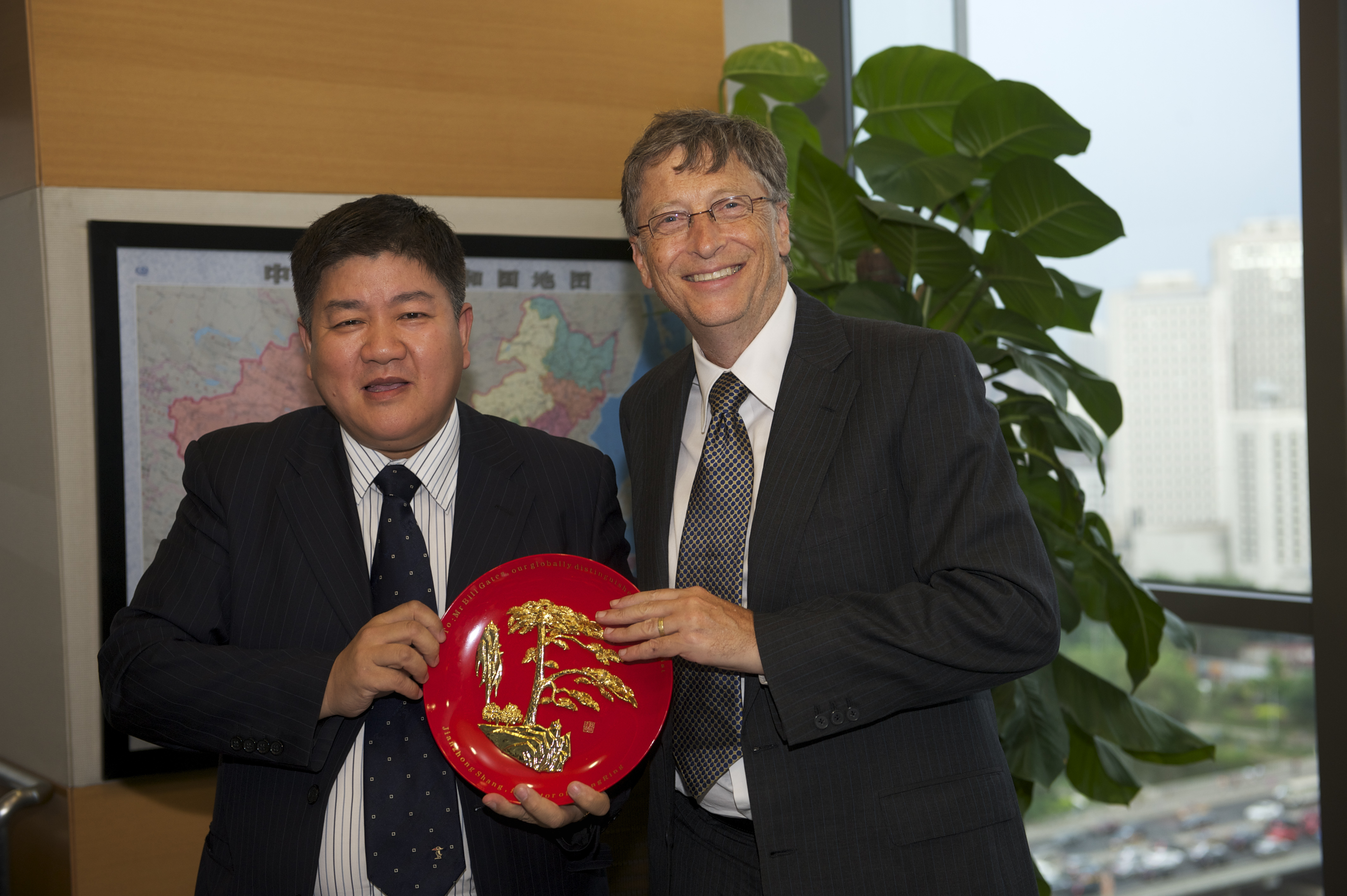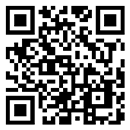【媒体报道】《China Daily》Unkind cut that transformed wholesaler into a lifesaver
发布日期:2015-10-09 浏览次数:1595
本文转自《China Daily》
Web:http://europe.chinadaily.com.cn/epaper/2015-10/09/content_22135799.htm?from=singlemessage&isappinstalled=0
Unkind cut that transformed wholesaler into a lifesaver
Chinese inventor's device has potential to save millions from HIV and AIDS
When Shang Jianzhong recounts the story of the tiny invention that turned him into a life-saving medical pioneer, he chokes up.
A painful odyssey began when Shang was circumcised 13 years ago. He was told that because the operation was a minor one and was being done with the most advanced technology, it should be straightforward. But he was left scarred not only physically but, for months, mentally as well, and that made him think there must be a better way.

Shang Jianzhong, inventor of the ShangRing, and Bill Gates, whose foundation has helped support use of the device. Provided to China Daily
"These days the technology is much more advanced," he says. "Nevertheless, how could such a simple procedure take so long and inflict so much pain?"
So Shang, 60, who used to work in wholesaling, invented a device that is extraordinarily simple to use and that has been hailed as a breakthrough in medical technology and an example of Chinese innovation in the medical field. The device is now used by surgeons in many countries who perform circumcisions.
It is seen as particularly useful in protecting against HIV infection. In June, the World Health Organization certified it as a procurement item.
The ShangRing consists of two concentric plastic rings, one inside the other. The inner ring is lined with a soft silicon pad, leaving a smooth, non-bioreactive surface against the surgical wound. The outer ring consists of two halves that are hinged together at one end and contain a locking clasp on the other.
Shang says the ring can solve the problem of phimosis, which is constriction of the opening of the foreskin preventing the foreskin from being drawn back, within three to five minutes.
The AIDS center of the WHO says there are many target cells of HIV in the foreskin of the penis. The chances of being infected with HIV can be reduced by 60 percent or more after circumcision, it says.
At a forum in Beijing recently, Shang, founder of Wuhu Snnda Medical Treatment Appliance Technology Co Ltd, talked of his invention and how it was turned into a marketable product.
The forum, organized by the Research Center for Public Health at Tsinghua University, the China Alliance for South-South Health Cooperation Research and the Bill & Melinda Gates Foundation, was aimed at strengthening collaboration between China and Africa in public health.
The focus was on medical innovation, the opportunities and challenges in starting a business in China, and how such innovation could be used for the public good.
Shang, a native of Wuhu, Anhui province, says that after he obtained a patent for the device he searched for someone willing to put it to commercial use. From 2003 to 2005 he traveled to Beijing about 80 times and talked to more than 20 companies, he says, with no success.
He then decided to put his own money, about 1.43 million yuan ($225,000; 201,000 euros) into commercializing it, setting up his company in June 2005. He began to make headway that same year when research was published in the online Public Library of Science pointed to the efficacy of circumcision as helping to reduce the spread of AIDS and as China's Ministry of Finance estimated that the ShangRing had a commercial value of 273 million yuan.
The device was then introduced in hospitals throughout China, and he made contact with Philip Li, a doctor and associate professor at Cornell University in New York state.
"When I saw this project, I said to Shang, 'This will change your life, and also mine,'" Li says.
"A small surgical procedure not properly done can be hugely disruptive to a man's health."
Li told Shang the device could make a great contribution to AIDS prevention and control in developing countries.
In May 2008, Cornell and Shanghai Jiaotong University jointly held an international forum on the ShangRing, and Li set up an international training program on promoting the technology worldwide. Training has been dispensed in more than 50 countries and regions, including Britain, Japan, Kenya, Uganda, the United States and Zambia.
There are now 150 patents on the device in China, and it has protection in more than 100 countries.
The Bill & Melinda Gates Foundation has been trying to make China a stronger partner in promoting world health and development and has worked with its Chinese partners to pick up potential innovative products, and to support them when they enter other developing markets. It has recognized the ShangRing as an appropriate product for reducing the risks of spreading AIDS.
The WHO says that in sub-Saharan Africa, circumcisions are rare, and it suggests that in areas where AIDS is prevalent men should have the surgery. However, getting men to heed such advice is difficult because of how much pain circumcision involves a lack of properly trained doctors and religious and other beliefs.
Over the past 15 years or so the incidence of AIDS in Africa has fallen by about 21 percent, but in Asia and the Middle East, it has grown rapidly. Li says that since 2008, the death rate from AIDS in China has been higher than from many other infectious diseases.
"Many data prove that circumcision can cut the risk of contracting HIV-AIDS by 60 percent and it is good for health generally, including reducing the chances of having prostate and cervical cancer," he says.
Li says that once the ShangRing was determined to be safe it was decided to introduce it to Africa.
"The easiest way would have been to send Chinese doctors there. But we chose a more difficult path: to get African doctors to come to China to learn about the technology, so they could return to their countries and do the surgery themselves. That was the best way to get the technology to take root.
"There is great need in Africa for circumcision, and the idea is to get about 14 million people in areas where there is a high incidence of AIDS to take the opportunity to have the procedure done. But without an innovative device and good surgical practices that target has not been realized."
Li says that with the support of the Bill & Melinda Gates Foundation, clinical research is complete, and this has found when the ShangRing is used, surgery time is far shorter than is the case with traditional surgery, and patients are a lot happier with the outcome.
Li Yino, a representative of the Beijing office of the foundation, says Bill Gates once also highlighted the product in a speech.
"This ShangRing looks very simple, but is very useful," Li Yino says. "This is something that could be achieved only through international cooperation."
Philip Li says one of the biggest problems with research and development in public health is that returns can be a long time coming.
"The ShangRing has gone through some tough times over the past eight years, and thanks are due to the whole team, including hundreds of people in Africa. I'm sure this is the most important Chinese product to have gained WHO accreditation after having been evaluated clinically overseas."





